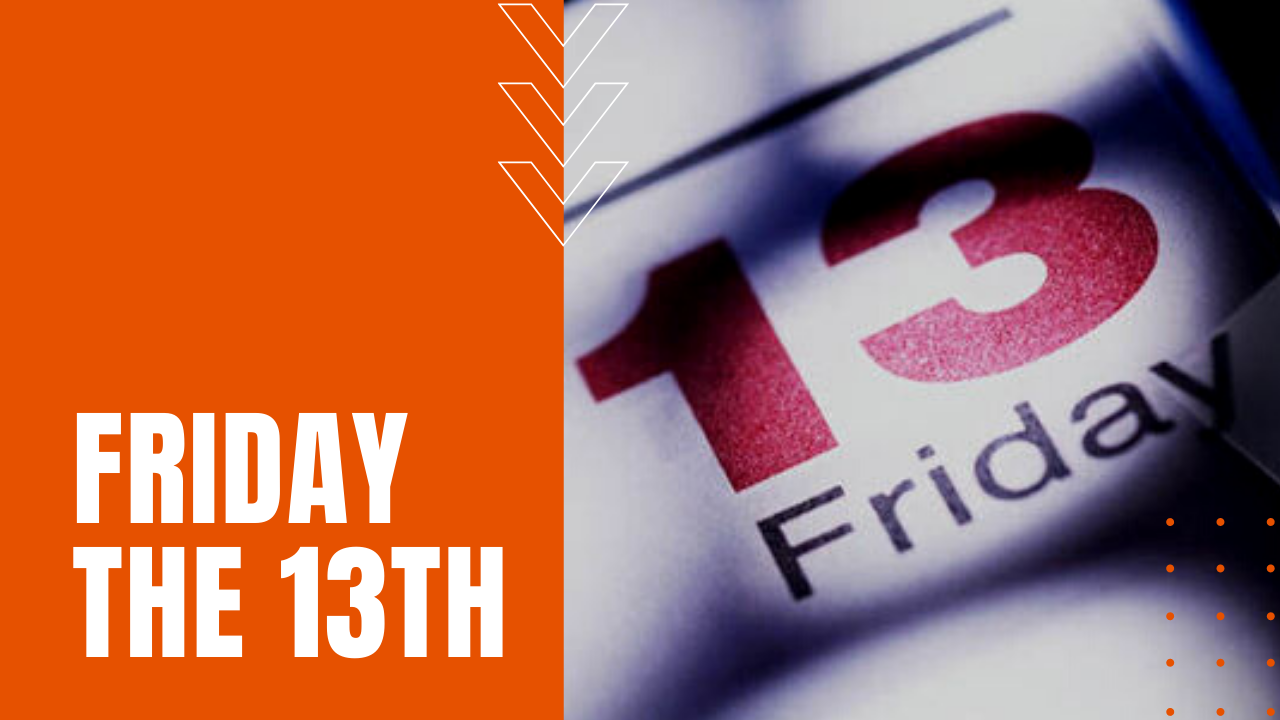Friday the 13th: History of Fear and Phobia of Unlucky Date

According to folklore, the unlucky nature of the number 13 originated with a Norse myth about 12 gods holding a dinner party in Valhalla, which was the Norsemen’s mythological version of heaven. In the myth, the trickster god Loki, who was not invited to the party, arrived anyway as the unwanted 13th guest and arranged for Hoor to shoot Balder with a mistletoe-tipped arrow. After Balder died from his injuries, the Earth went dark, and all living Norsemen mourned, cementing 13 an unlucky number in Norse mythology.
A Christian Superstition
The superstition behind Friday the 13th may have also arisen in the Christian Middle Ages, focusing on the story of Jesus gathering with his 12 disciples for the Last Supper, before the prophet’s crucifixion on Good Friday. While there is evidence of both Friday and the number 13 being considered unlucky during this period, there is no direct record linking Friday and the number 13 before its rise to popularity in the 19th century.
During this later period, a number of influential English-speaking writers made reference to bad things occurring on Friday the 13th, including Henry Sutherland Edwards’ 1869 biography of Gioachino Rossini, who died on Friday the 13th, and Thomas Lawson’s popular novel Friday, the Thirteenth, when an unscrupulous broker took advantage of the superstition to create a Wall Street panic on the same day as the book’s title.
Paraskevidekatriaphobia: Fear of Friday the 13th
According to the Stress Management Center and Phobia Institute in Asheville, North Carolina, an estimated 17 to 21 million people in the United States are severely incapacitated with anxiety on Friday the 13th, making it the most feared day and date in history.
Some people are so paralyzed by fear on Friday the 13th that they avoid their normal routines in going about their lives, from getting on airplanes to simply never getting out of bed. One study estimated that $800 to $900 million is lost in business, making Friday the 13th a high-water mark for spendthrifts everywhere.
